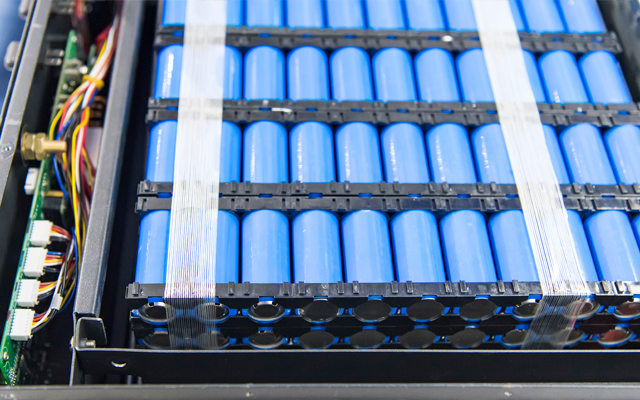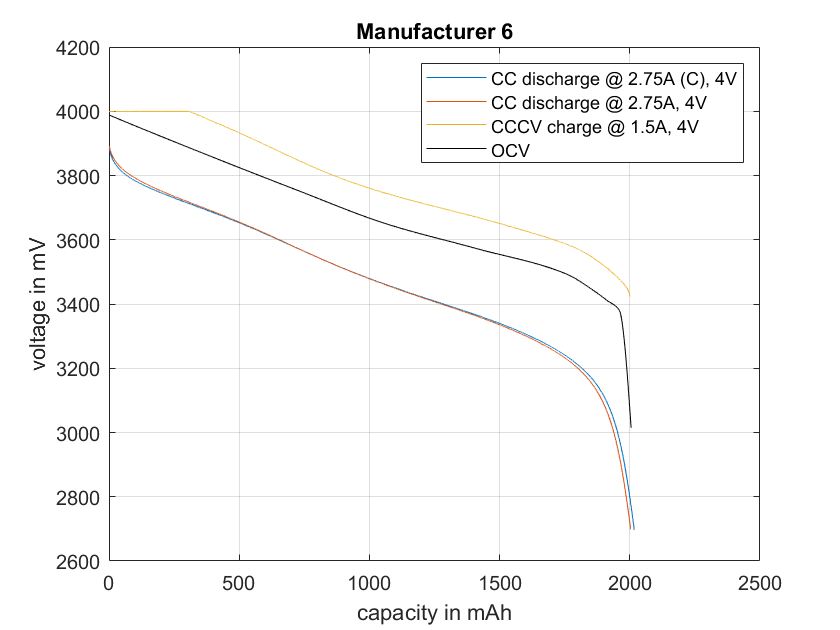Battery-Management-Systems for 2nd-Life Lithium Batteries
Do we need improved battery management systems (BMS) to establish Li-ion batteries on the market, built from cells that have been already in use?
Lithium-ion battery cells require protection against overvoltage, temperature and deep discharge, which is guaranteed by a BMS. Due to tolerances between individual cells, these are charged to different voltages during cyclical charging and discharging during operation. The BMS protects the cells by matching the state of charge or the cell voltages of all cells to each another. As the cells age, the tolerances increase. The BMS has to balance more energy, up to a degree of aging at which it is no longer possible to create enough balance. The actually intact battery is disconnected from the consumer or the charger and declared as defective and later as a dangerous good.
It is examined:
- Whether you can safely operate aged cells with the BMS available on the market and under what conditions.
- How to optimize capacity with a BMS and increase or even predict battery life.
Aged lithium-ion cells of the same type but from different manufacturers were characterized and compared. Except that they come from e-bike batteries, their history is not known. The spread of cell capacities, internal resistances and charging and discharging characteristics could be evaluated. Typical measured characteristic curves for a manufacturer's cell are shown in the following graphic. It has already been recognized that the scatter of the parameters of aged cells behaves differently depending on the manufacturer.
Figure 1: Charging and discharging curve and open circuit voltage characteristic for a lithium-ion cell
Client | Confidential |
Execution | |
Duration | 6 months |
Funding | Innosuisse (Innovationsscheck) |
Project team | Tobias Strittmatter (project manager), Thomas Keller, Prof. Dr. Nicola Schulz |


